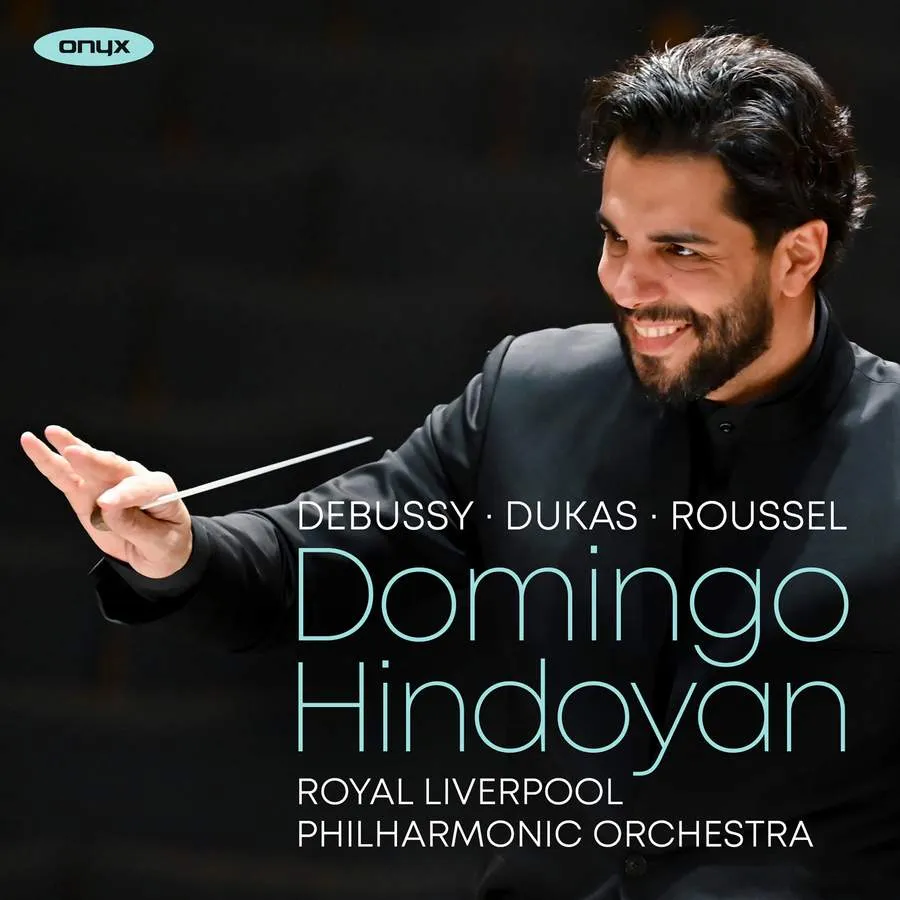
Debussy • Dukas • Roussel Debussy: Jeux; Prélude à l’après midi d’un faune; Dukas: Fanfare pour précéder La Péri; La Péri; Roussel: Bacchus et Ariane – Suite No. 2 Royal Liverpool Philharmonic Orchestra/Domingo Hindoyan Onyx ONYX 4224 68:15 mins
In general these are honest, respectful performances. In Dukas’s ballet music La Péri, the complex details are never allowed to swamp the logical argument, and the same goes for the second suite from Roussel’s ballet Bacchus et Ariane. Indeed, in ‘Ariane’s dance’, more could have been made of the dynamic variations for the solo violin and wind instruments.
Debussy’s faun is presented in a suitable atmosphere of ecstatic languor. One or two details are not quite as they should be (breaking Debussy’s phrasing in bars 13-14 is surely unnecessary?), but the tone of the orchestra’s principal flute player Cormac Henry, pure and innocent with only the barest hint of vibrato, is in line with the one for which the composer would have been writing in the 1890s.
For Jeux, though, respectful honesty alone is not enough. Debussy said it was written for an orchestra ‘without feet’ – not one of amputees, he was quick to explain, but one ‘lit from behind’ as often in Parsifal. As the title tells us, it should be playful and tease us with possibilities that may or may not be realised. Also, this performance is not wholly accurate over dynamics and tempos, strangely ignoring the ‘en retenant’ into fig.61, a crucial moment where for the first time the three dancers come together. It’s a hard work to bring off, and Ravel’s protégé and friend Manuel Rosenthal refused to take the risk of conducting it until he was in his fifties. So, at 42, Domingo Hindoyan has time on his side.
Roger Nichols